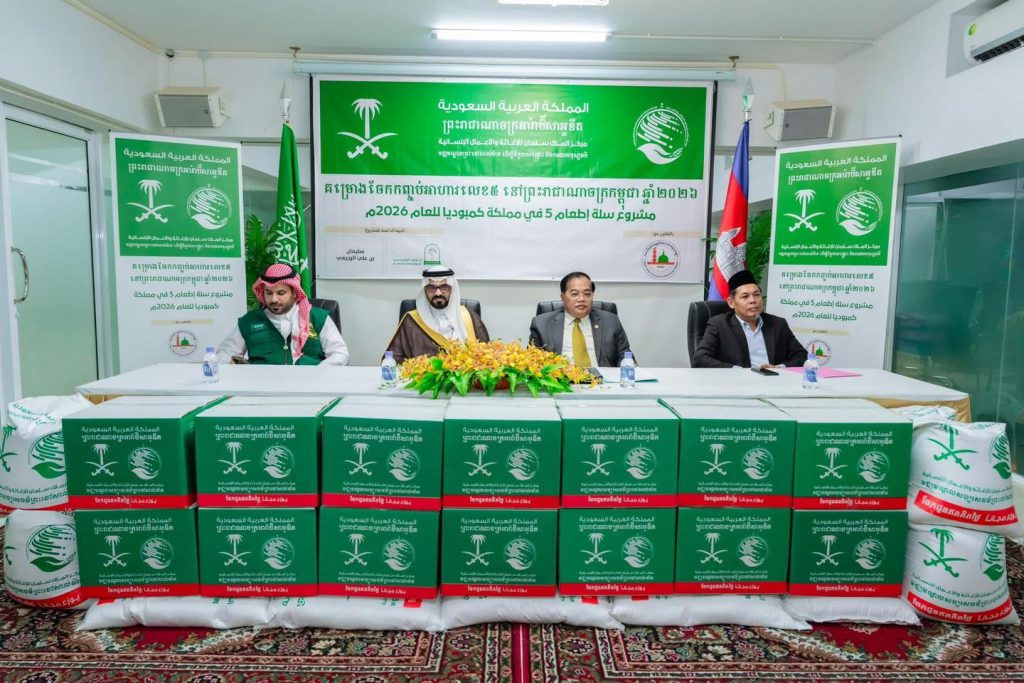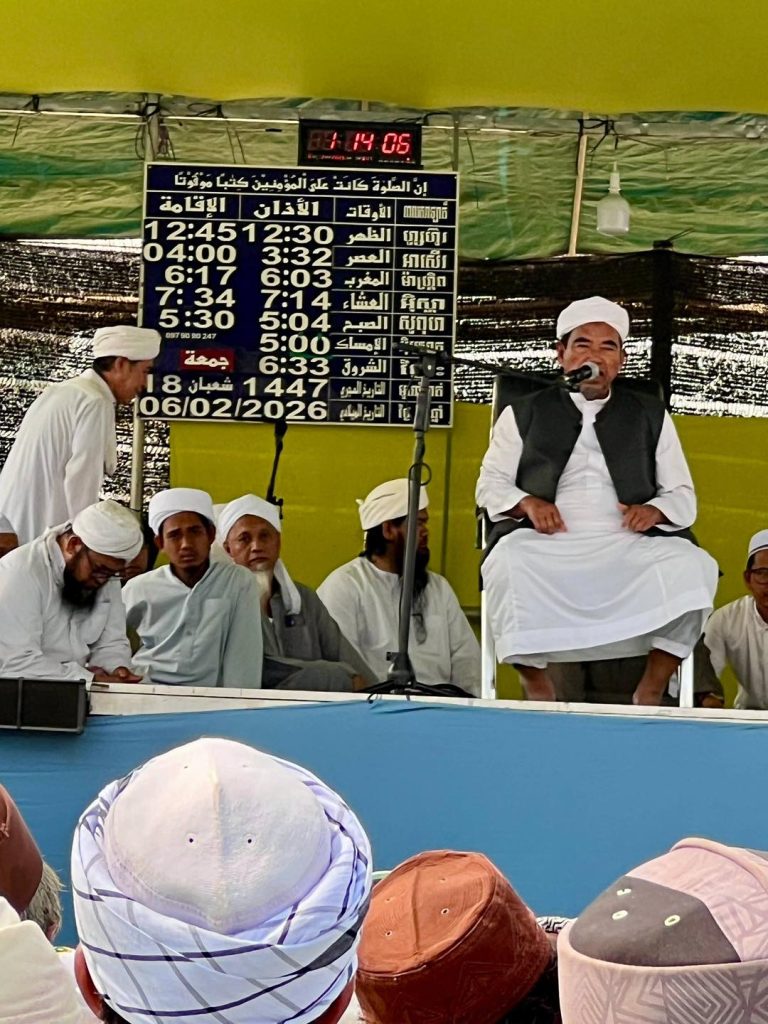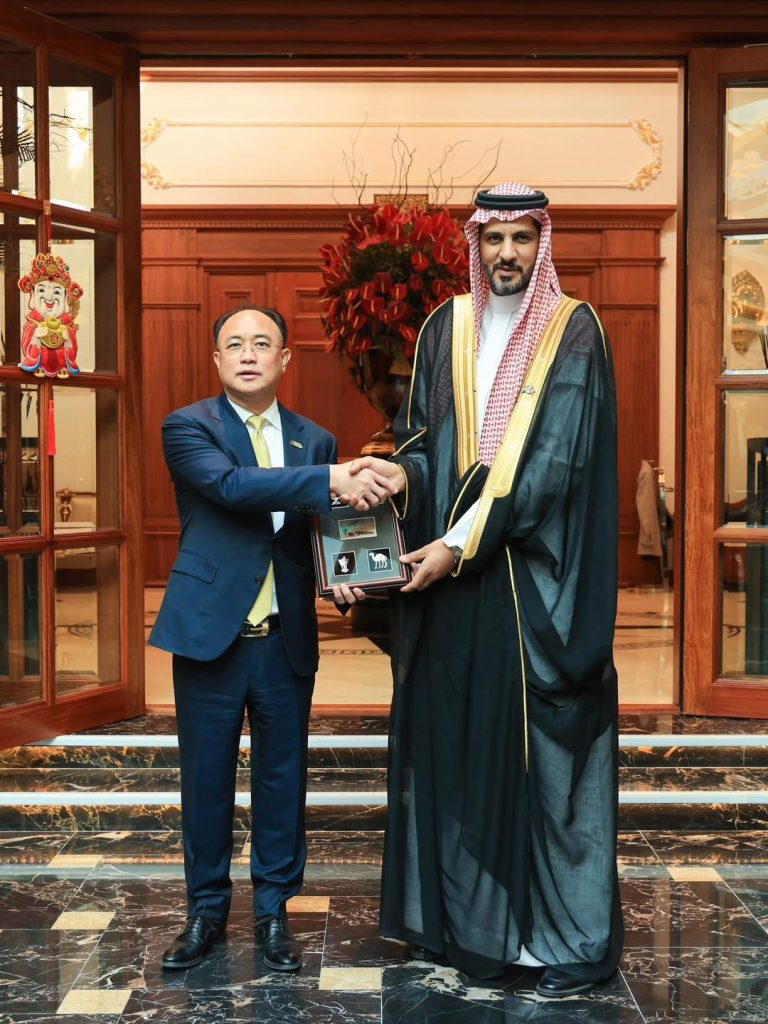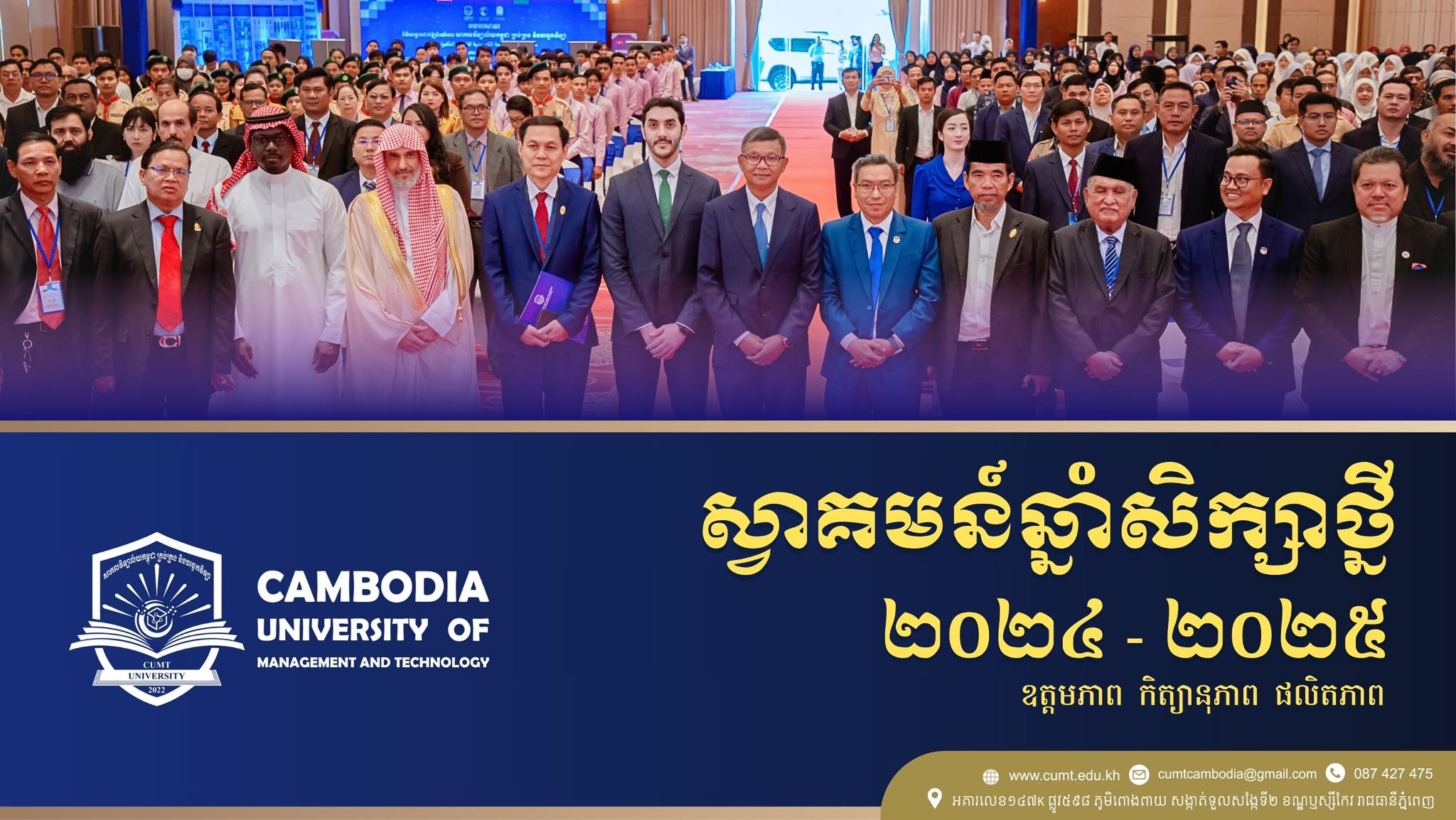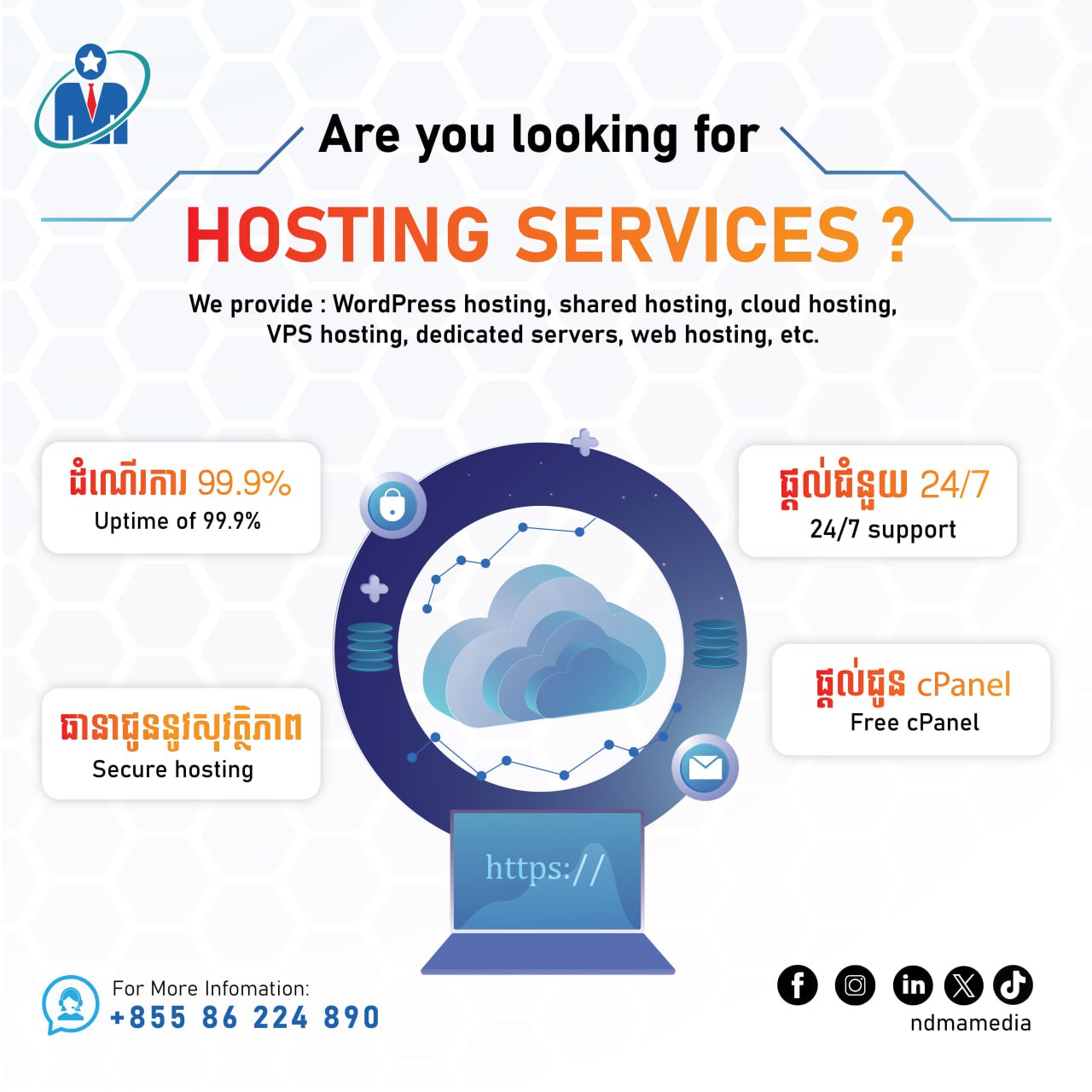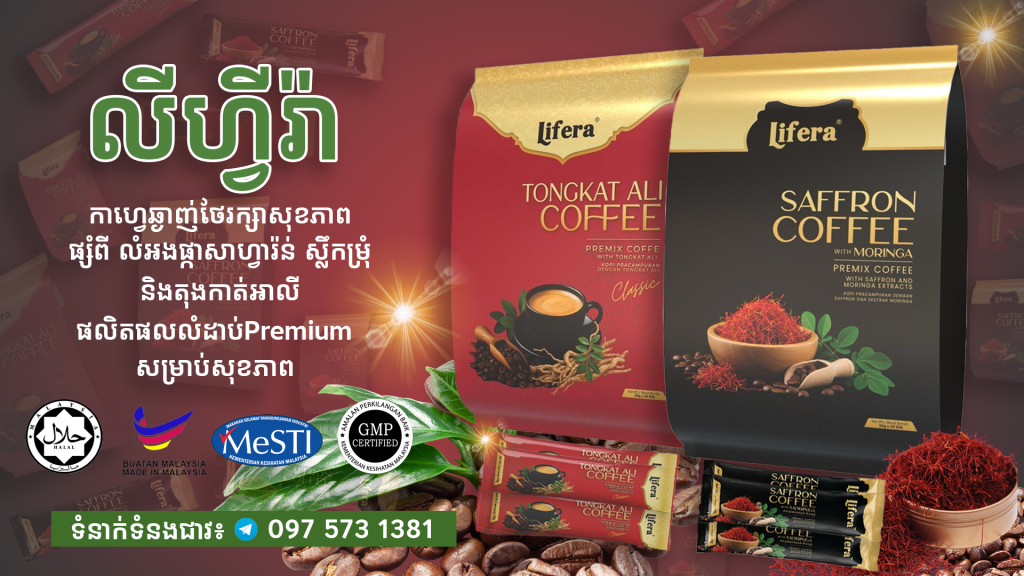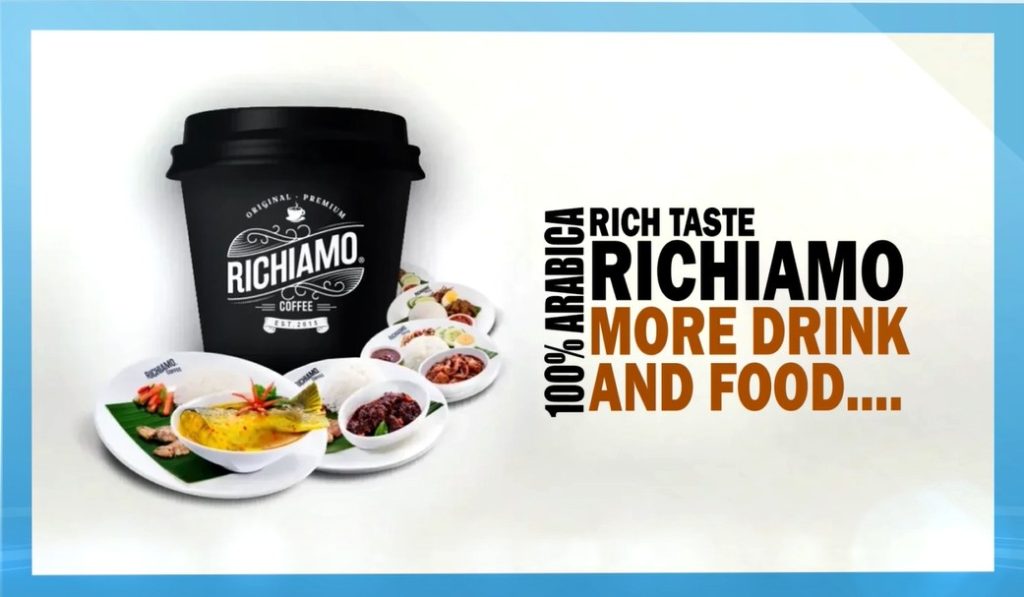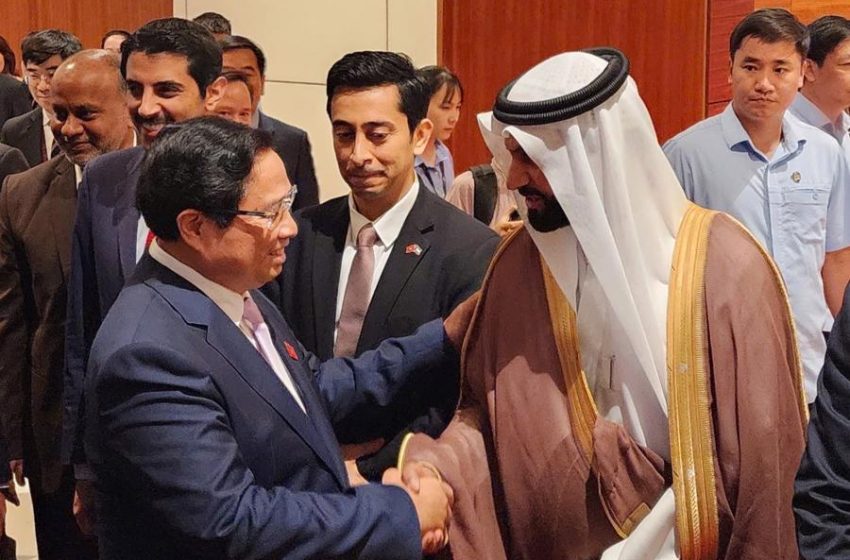
Vietnam needs to become an essential part of the global Halal supply chain: PM

At the conference on October 22, Prime Minister Pham Minh Chinh conveyed three messages regarding Vietnam’s Halal development.
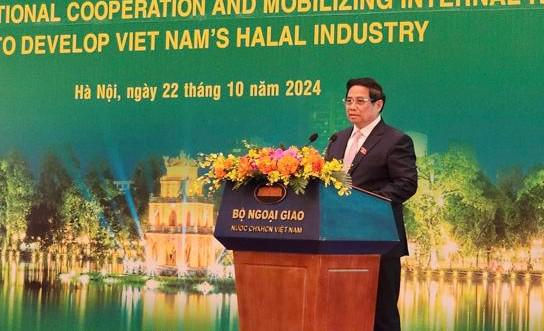
Prime Minister Pham Minh Chinh delivers his remarks at the conference
At a conference held in Hanoi on October 22, PM Pham Minh Chinh stated that Vietnam aims to turn its Halal industry into a strong economic sector, positioning the country as an indispensable destination on the global Halal map and an important link in the supply chain of Halal products and services worldwide.
The conference, with the theme “Fostering international cooperation and mobilizing internal resources to develop Vietnam’s Halal industry,” was co-organized by the Ministry of Foreign Affairs, the Ministry of Agriculture and Rural Development, and the Ministry of Science and Technology.
This is the largest event on Halal ever held in Vietnam, following the project “Enhancing International Cooperation to Build and Develop Vietnam’s Halal Industry by 2030,” launched by the Prime Minister on February 14, 2023.
Three main advantages
The Prime Minister emphasized the vast potential of the global Halal market, which is projected to reach $10 trillion by 2030, with a Muslim population expected to stand at 3 billion by 2050, accounting for nearly 30 per cent of the world’s population.
The Halal industry spans multiple sectors, including agriculture, tourism, textiles, pharmaceuticals, cosmetics, and supporting industries such as production lines, logistics, and services.
The Prime Minister acknowledged Vietnam’s efforts to develop the Halal industry, with positive results achieved. Vietnam has established a strategic direction for the Halal industry through initiatives like the 2030 Halal project, the setting up of a National Halal Certification Center, and the development of legal frameworks and national Halal standards.
Vietnam has also signed cooperation agreements on Halal products and services with both Muslim and non-Muslim partners, while its businesses and associations have paid more and more attention to Halal industry, with greater investment, production, and export expansion into the global Halal market, as a result.
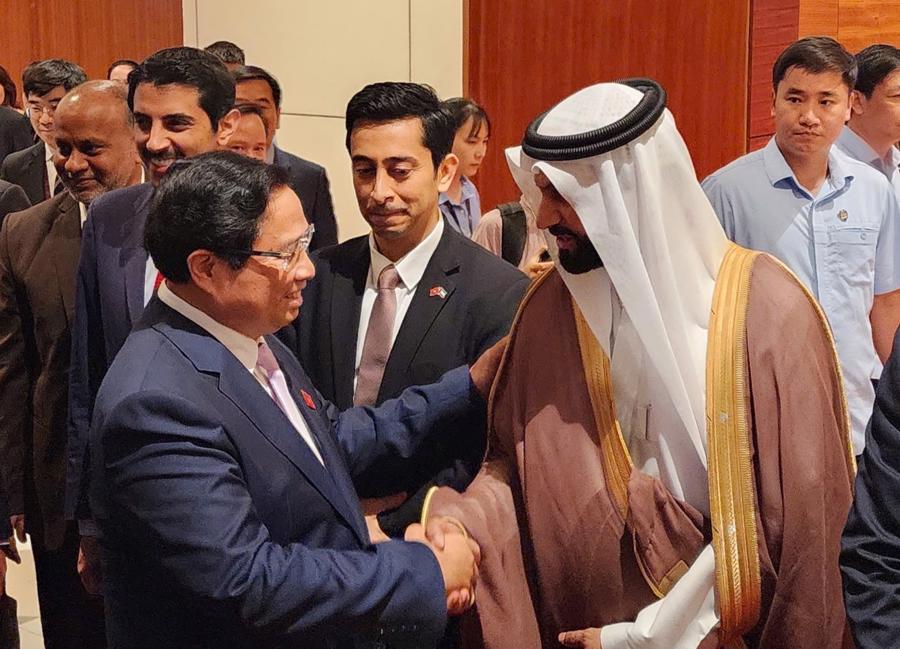
Prime Minister Pham Minh Chinh (L) and Mr. Moteb Al-Mezani, Director General of the GCC Accreditation Center (GAC).
Prime Minister Pham Minh Chinh stressed that Vietnam aims to make the Halal industry a strong sector, positioning the country as an essential part of the global Halal supply chain.
To achieve this goal, the Prime Minister pointed out three key advantages:
Political and Economic Stability: Vietnam boasts a stable political and social environment, a growing economy, and an increasingly favorable investment climate. With its 2023 GDP valued at $430 billion and a per capita income of $4,300, Vietnam ranks 34th among the world’s largest economies and is one of the top 20 global trading nations. With a population of over 100 million, Vietnam has signed 16 Free Trade Agreements (FTAs) with more than 60 partners.
International Relations: Vietnam maintains an independent foreign policy of diversification and multilateralism. The country has diplomatic relations with 194 countries, including 32 strategic and comprehensive partners, and participates in over 70 regional and international organizations. Vietnam has also cultivated strong cooperation with Muslim nations worldwide.
Natural Advantages for Halal Development: Vietnam’s agricultural sector significantly contributes to global food security, with products like seafood, pepper, cashews, coffee, and rice meeting Halal standards. In 2023, Vietnam is a top exporter of agricultural products, with an export value of over $53 billion, projected to reach $60 billion by the end of this year. Additionally, Vietnam’s tourism industry, especially Halal tourism, benefits from its over 2,600 km coastline and renowned beaches.
Vietnam’s three messages
Prime Minister Pham Minh Chinh also conveyed three messages regarding Vietnam’s Halal development:
Commitment to Halal Cooperation: Vietnam is keen to make Halal cooperation a key pillar in its economic cooperation, particularly with the Muslim world.
Halal as a Strategic Opportunity: The Halal sector is seen as a “golden opportunity” for Vietnamese businesses to enhance production capacity and effectively integrate into the global Halal value chain.
Respect for Cultural Values: Vietnam is committed to developing its Halal industry while respecting cultural values, contributing positively to global peace, cooperation, and development.
Five focal points
Looking ahead, the Prime Minister outlined five areas for enhanced cooperation:
Legal and Technical Frameworks: Strengthening the legal framework, national Halal standards, and technical support, as well as training human resources for large-scale Halal development and export.
International Agreements: Accelerating negotiations and agreements on mutual recognition of Halal certifications to integrate Vietnamese businesses into the global Halal supply chain.
Foreign Investment: Encouraging regional and international partners to invest in Vietnam’s Halal-related sectors, including agriculture, tourism, and supporting industries.
Promotion and Market Access: Promoting Vietnam’s Halal products and services globally and opening new markets for Halal exports.
Cultural Exchange: Enhancing people-to-people and cultural exchanges to foster mutual understanding between Vietnam and its partners in Halal development.
The Prime Minister called on businesses, especially foreign investors, to collaborate with Vietnam in the spirit of “3 Together”: “Listening and Understanding Together,” “Sharing Vision and Action Together,” and “Working, Winning, and Succeeding Together.”
Vietnam is confident it will develop a professional, comprehensive, modern, and sustainable Halal industry, contributing to the growth of the global Halal market, the Government leader stated.
Cr: https://vneconomy.vn


